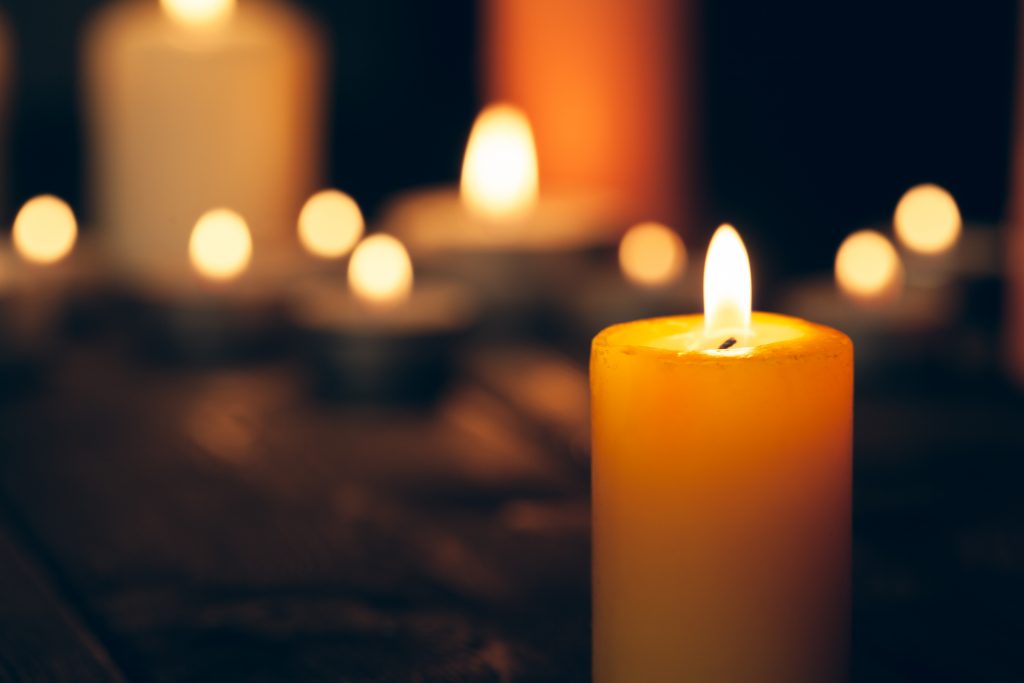Note: This article was written on 1st March 2021 to share my view that a fair reparations commission is needed to ensure just redress is granted to all survivors of Mother and Baby Institutions in Ireland.
Article:
Every day I feel blessed and grateful to live a country where our political leadership genuinely care for our citizens well-being. I honour and respect the responsibilities our leaders carry for the good of our society. My offering in this article here rests upon this genuine appreciation, and it emerges from my hearts compassion and care for survivors.
Our Irish government shared a very welcomed apology following the publication of the report produced by the Commission for Investigation into the Mother and Baby Homes. [1]
However, like so many others today, in service to our leaders and community, I’m adding my voice of conscience to question certain statements made in the recent report. I am not persuaded that the current plan to grant financial redress decision making responsibility to a government interdepartmental group will deliver justice fairly to all survivors.
There was right and understandable public dismay after reading the recent report that our leaders wavered the State’s real responsibility, by stating that responsibility “rests mainly with the fathers of their children and their own immediate families. It was supported by, contributed to, and condoned by, the institutions of the State and the Churches.”
Respectfully, there can be no doubt that the onus of the responsibility here is with our specific church congregations whose member’s hands directly inflicted the abuse and neglect; with our Irish State who directly brought about policy to negatively affect these women, babies and children; and with our specific local authorities involved whose professionals turned a blind eye to the files of evidence.
The harm that was directly inflicted by these individuals actions and inactions were crimes against the humanity of tens of thousands of our fellow people.
It is true that collective Irish society at the time was in the cold grip and oppression of patriarchy and puritan social conditioning, and that some people turned a blind eye to what was happening in these ‘homes.’ But let’s be clear – the neglect and abuse of survivors was directly enacted by our state and church collusion, sanction, and control.
The German government didn’t blame German society for Nazi crimes. The German government took responsibility, and since then they have paid out $89 billion dollars to Jewish organisations since the end of WW2. The German government rightly made reparation by paying compensation to the survivors of the government that preceded them.
American author and journalist Ta-Nehisi Coates acknowledged in his article on “The Case for Reparations” that in doing so Germany “provided a road map for how a great civilisation might make itself worthy of the name.” [2]
While this reparation in no way erased the horror of the Holocaust, redress has gone far towards establishing reconciliation between Germany and Jews of Europe.
Recognising and acknowledging the long term impacts childhood traumatic stress has had on survivors, the German government also increased pension payments to survivors and contributed to their home care later in life too. State and church institutions in Ireland would greatly benefit from learning directly from the German leadership example.
Survivors fight for justice has gone on for decades.
In addition to the initial injustice inflicted on survivors, our government and church institution leaders need to re-earn public trust for missing the mark up to now to ease the legacy of suffering inflicted upon survivors by members of their own institutions.
For reparation to be fair and final, the voices of survivors and their advocates need to be at the centre. I’m persuaded that for a reparations commission to have integrity, it needs to be chaired by a compassionate leader who has been a fiercely loving advocate for truth and reconciliation for survivors all along.
If our political and church institution leaders do not grant a just reparation process upfront, the added unfairness of that would re-traumatise many survivors. This would be once again be required to re-campaign for the justice they so deserve.
Grace and healing that comes with taking real responsibility, and making amends, would be blocked from flowing into our communities. This would negatively affect the physical, psychological and spiritual health of our society for many years to come.
A reparations commission could also make decisions on the further placing of memorials on the sites where grave injustices took place. More finance and care also needs to be allocated and given into the upkeep of pre-existing and new memorial sites.
Sr. Eileen O’Connor from the leadership team of the Bons Secours Sisters congregation who ran the mother and baby home at Tuam mentioned in her most welcomed statement of apology upon the publication of the report that healing is not possible “until what happened is acknowledged.” [3]
Owning that “infants and children who died at the home were buried in a disrespectful and unacceptable way” and publicly apologising is the first step towards the congregation meeting their responsibilities to make amends for the wrongs done by the direct hands of members of their community.
Although it wasn’t mentioned in her official statement, I’d expect that the congregation are committed to directly bring healing to the many survivors involved by listening to the experiences and needs of survivors in person, making a genuine in-person apology, and ensuring they make a conscientious and just reparation through financial redress.
We need a fair reparations commission to determine what that will look like for the religious congregations involved.
The exhumation of the bones in the sewage tank on the former site of the Mother and Baby home in Tuam also needs to be funded, along with DNA testing, reinterment and a dignified burial for all.
Restorative justice is not about blaming, ‘othering’ or judging. Making a case for reparations is about firmly and compassionately holding our institutions to account to make amends to survivors.
I pray many more of our hearts may unite together to ensure every single survivor receives fair acknowledgement, apology, and reparation.
Some form of neutrality or indifference to the pain of another often stems from a belief that we are wholly separate from each other. We are each individuals, and yet the pain we feel in our hearts for survivors every time we hear of another instance of justice delayed or denied to them evidences our irrefutable interconnectedness.
We each have the power to choose – we can say yes to contribute our part to co-create together a more just and beautiful society, in whatever inner or outer way the promptings of our unique hearts call us to respond.
That may be inwardly serving through allowing our heart to break for survivors and channelling grace through our blessings; or outwardly through action; or both.
Our inner freedom is interdependent with everyone elses peace and freedom. This is what it means to be fully human
Founder and Executive Director of the Equal Justice Initiative, Bryan Stevenson says: “I believe that each person is more than the worst thing they’ve ever done.” [4]
Nations are not defined by the worst things we have done. Institutions are not defined by the worst things we have done. I’m not defined by the worst thing I have done. You are not defined by the worst thing you have done.
With a fair reparations commission our government leaders can serve the rights of survivors once and for all, and also serve those responsible to make just redress and amends. In doing so we may resolve this sorrowful chapter of our history, and lead our country forward together into the light of grace with integrity, moral courage and dignity.
Is mise le meas
Lynda Ní Mhuirgheasa
[1] Final Report of the Commission of Investigation into Mother and Baby Homes:
https://www.gov.ie/en/publication/d4b3d-final-report-of-the-commission-of-investigation-into-mother-and-baby-homes/
[2] The Atlantic, 2014 edition. Story by Ta-Nehisi Coates entitled “A Case for Reparations”: https://www.theatlantic.com/magazine/archive/2014/06/the-case-for-reparations/361631
[3] Bons Secours Sisters Apology Statement: http://www.bonsecourssisters.ie/apology-statement
[4] Time Magazine. Interview with Bryan Stevenson: https://time.com/collection-post/3928285/bryan-stevenson-interview-time-100/
Written and published on 1st March 2021. Copyright by Lynda Morrissey

